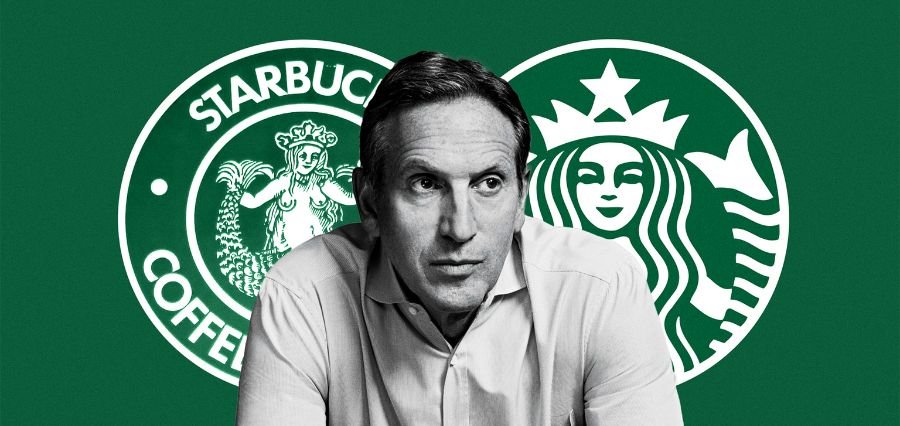Prime Highlights
- Starbucks CEO calls for four-day office return to energize workplace culture and catalyze business change.
- Staff who do not conform can take a voluntary severance with pay.
Key Fact
- New office policy applies to corporate teams in Seattle, Toronto, and other North American locations.
- Leaders need to move to central hubs within a year to enable strategic coordination.
Key Background
“Return to office” is a key plan at Starbucks after CEO Laxman Narasimhan made a company-wide, compulsory four-day office presence policy for corporate employees in North America. From the beginning of the new fiscal year—late September or early October—the employees will have to come to the office from Monday to Thursday. The decision is intended to rebuild Starbucks‘ company culture, which the management feels has been lost in the hybrid work pattern.
The initiative is one piece of Narasimhan’s larger plan to restructure and revitalize the company, after a tumultuous time of leadership change and cost-cutting. These include eliminating more than 1,000 corporate positions and streamlining open positions. Narasimhan has underlined that on-site fosters collaboration, accountability, and innovation, all of which are critical to the company’s turnaround.
On top of this transition is the mandate that all people leaders—except for the most senior executives—need to move to Seattle or Toronto within 12 months. Formerly, just vice presidents and higher were invited to make the switch. This is a definite attempt to decentralize leadership and enhance quicker decision-making. Narasimhan himself has moved to Seattle permanently, an indication of his seriousness about the strategy.
To ensure a smooth transition, Starbucks has rolled out a voluntary departure program with a compensation package for workers who do not want to adapt to the new expectations. The action is following a trend among large companies placing a priority on in-office work to restore company culture and productivity after the pandemic. Although it might cause turnover, the policy is designed to build a consistent, performance-driven culture that can fit Starbucks’ long-term objectives.
Read Also : OpenAI’s Strategic Security Overhaul to Counter Espionage








